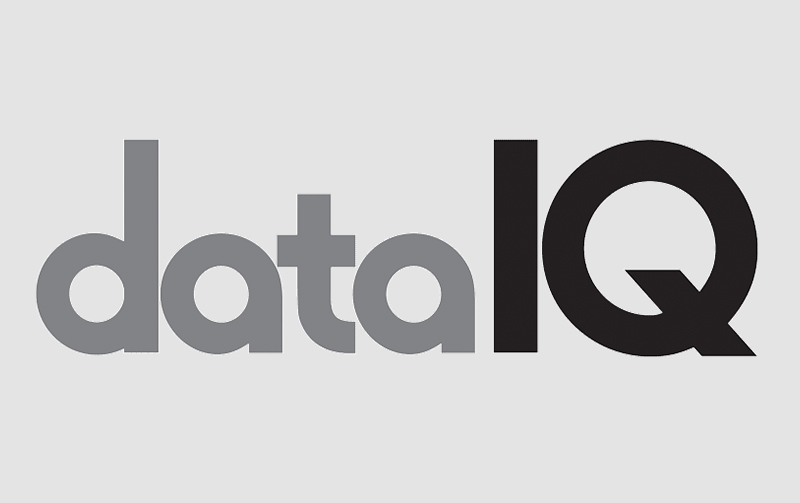Why the Future of Big Data is About Products, Not Customers


TWOP spoke to the editor of Data IQ, David Reed, on big data, we learnt how to manage data and how best to use the opportunity.
What do Coca-Cola and McDonalds have in common with Samsung and Intel? All four are in the top ten of global brands as defined by Interbrand in its annual report. Look again at the list and you realise they also all lead on the appeal and quality of their products. Customers are not at the heart of these businesses (which is not to say they are not thought about, only that the core focus is on what the company creates, not how its consumers behave.)
You could argue that this simply reflects the nature of the survey and that brands are by definition about products. But if you are a business leader, would you rather become the best at managing your customers or establish yourself as one of the top global brands in your category? Most CEOs would not even recognise that as a valid question.
Which is why I believe that big data may find its real value among companies that are passionate about creating the best products they can and wrapping them in a rich brand experience. Forget worrying about the customer journey, customer experience or even customer sentiment. If you come up with something that people need, desire or value, your business will prosper. (How else to explain the dominance of technology brands and luxury goods in the Interbrand list?)
Big data can help with that goal. Product data not only has the potential to deliver more insight, value and opportunity than customer data in most businesses, it is also more closely aligned with the prevailing culture, leadership and operating practices of most PLCs.
Consider, too, just how much product data already exists across every company, yet is not being exploited to its full potential. From the operational spine of ERP systems through to supply chains and EPOS in retail, businesses are awash with information about how their products have been created, where they are distributed and sold – and even where they end up after they have been consumed. (One of the predicted sources of big data is sensors which will allow manufacturers to track the after-life of their goods.)
All of this data is currently deployed for the essential tasks which define the business and to report on how it is performing against them. What it is not used for is any strategic purpose, such as understanding market opportunities or gaps in the portfolio, identifying consumption patterns or distribution problems, or where the brand is over and under-performing against the market.
Businesses get product in a way they do not get customers. Think about the problems which customer relationship management ran into in the early Noughties. At its heart, CRM demanded a transformation of the business towards customer-centricity and away from its obsession with product. The last decade has seen that goal being pursued vigorously, yet with limited success. Many CRM projects failed and it is hard to think of a credible list of companies delivering best-in-class customer management that would stretch to the full 100.
Big data is an answer looking for a question – and it needs to find one quickly or risk being perceived as a re-run of the vendor hype that drove CRM. Product could well be where it finally makes the connection, not least because it does not require all those MBAs to go back to school.
Words by: David Reed, editor DataIQ

[View David Reed on DataIQ here] buy viagra online займ срочно москвазайм на карту виза срочноденьги в займ без процентов
